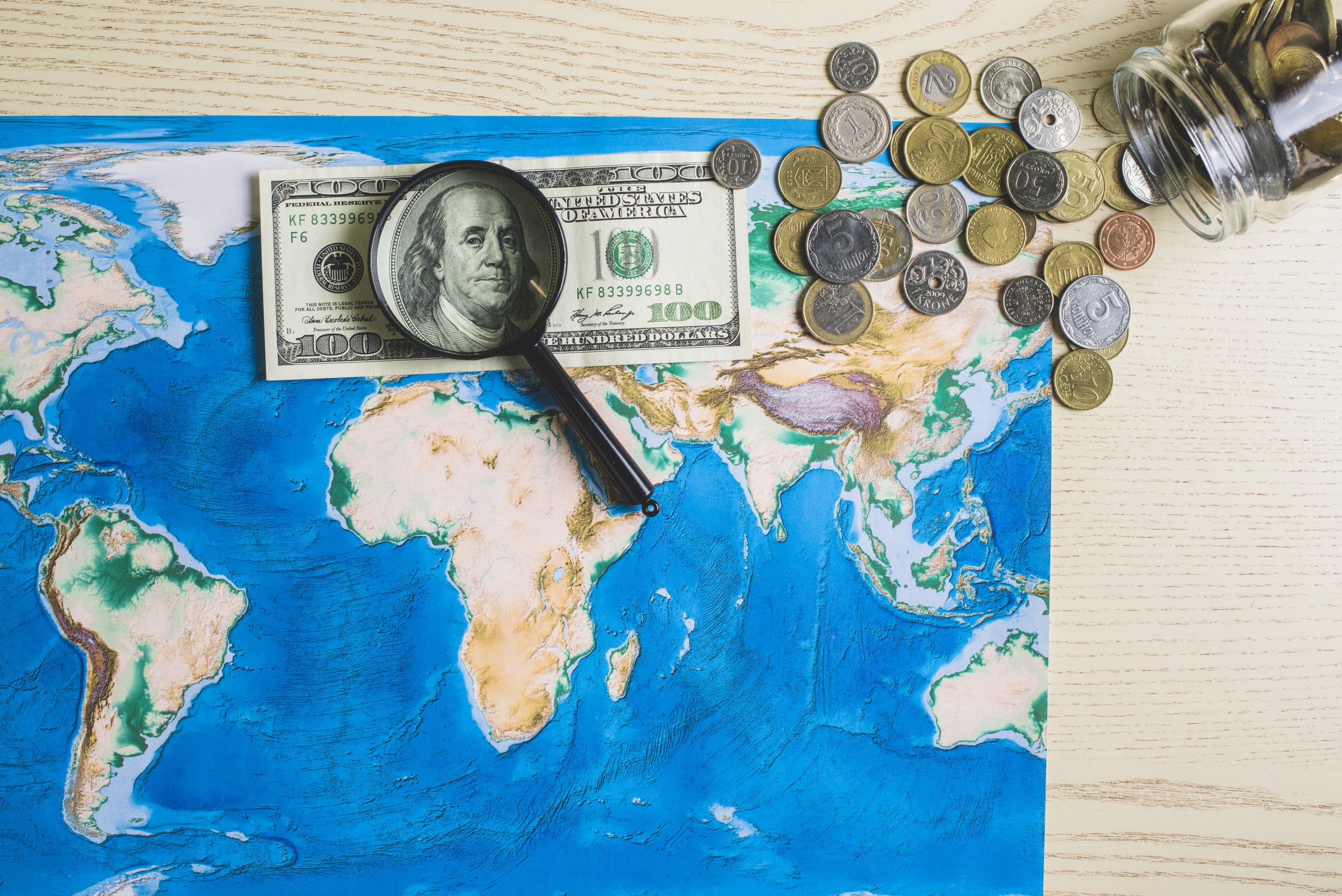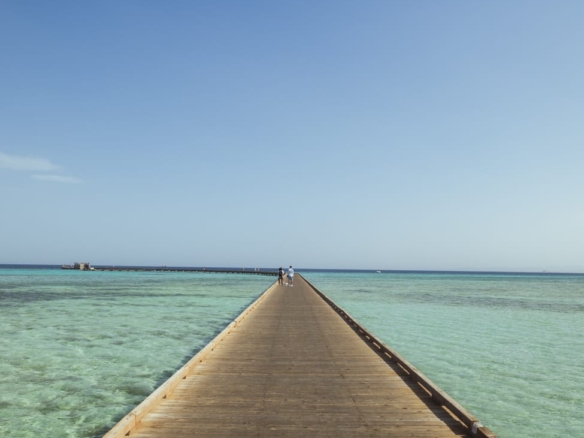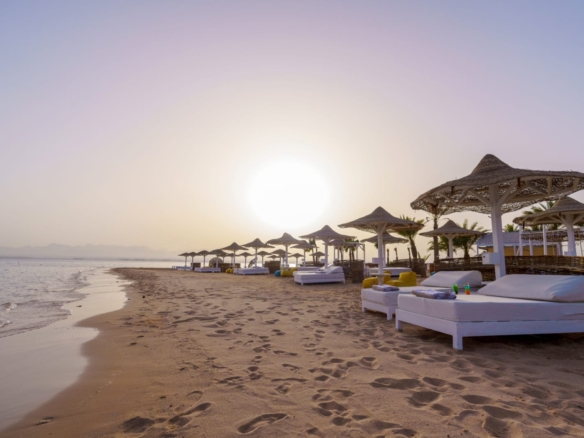When visiting Egypt’s Red Sea destinations, understanding how to manage money is just as important as booking flights and hotels. The currency in Red Sea Egypt is the Egyptian Pound (EGP), but you’ll also encounter foreign currencies in tourist hubs. Knowing where and how to exchange money, when to use cash, and what cards are accepted can make your stay stress-free. This comprehensive guide will help you navigate currency use in Hurghada, Marsa Alam, and other coastal resorts.
The Official Currency
Egypt’s official currency is the Egyptian Pound (EGP), divided into 100 piastres. Banknotes are commonly available in denominations from 1 EGP up to 200 EGP. In the Red Sea region, small notes are particularly useful for taxis, tips, and local shops. Tourists should familiarize themselves with the colors and sizes of the notes to avoid confusion.
Using Foreign Currencies
In many tourist areas, especially Hurghada and Sharm El Sheikh, prices are sometimes quoted in euros or U.S. dollars. Hotels, diving centers, and tour operators often accept these currencies. However, using Egyptian Pounds is recommended for small purchases, as it avoids unfavorable exchange rates.
Where to Exchange Money
Currency exchange services are widely available in airports, banks, hotels, and licensed exchange offices. ATMs also allow withdrawals in local currency. It’s best to compare exchange rates and avoid unlicensed street exchanges. In tourist areas, official banks like Banque Misr and National Bank of Egypt provide reliable services.
ATMs in the Red Sea Region
ATMs are plentiful in Hurghada, El Gouna, and Marsa Alam, but may be limited in smaller towns. Most machines accept international cards like Visa and Mastercard. Withdrawals are usually in Egyptian Pounds, and fees vary depending on your home bank. Always carry backup cash in case an ATM is out of service.
Credit and Debit Card Use
Major hotels, resorts, and larger restaurants accept credit and debit cards. Visa and Mastercard are the most widely used, while American Express may be less common. For small shops, markets, and local taxis, cash is preferred. Tourists should keep some local currency on hand at all times.
Mobile Payments and Digital Wallets
Digital payment methods are growing in Egypt, but cash is still king in most areas. Some international wallets, like Apple Pay, may not be widely accepted. However, larger supermarkets and upscale venues in Hurghada are beginning to adopt contactless payments. Always confirm payment options before relying on digital wallets.
Currency Safety Tips
Tourists should avoid carrying large amounts of cash when exploring. Use hotel safes for storing extra money and passports. Be discreet when paying in crowded areas, and avoid displaying large banknotes. Always ask for receipts when exchanging money or withdrawing cash.
Understanding Local Prices
Learning the approximate cost of everyday items helps avoid overpaying. For example, bottled water may cost around 5–10 EGP, while a taxi ride within Hurghada might be 30–50 EGP. Being familiar with local prices helps tourists budget effectively and spot inflated tourist prices.
Preparing Before You Travel
It’s advisable to carry some Egyptian Pounds upon arrival for taxis and small expenses. Exchange a small amount at the airport, then use city banks or ATMs for better rates. Inform your bank about your travel plans to avoid card blocking when making international transactions.
Take the Stress Out of Handling Money in Egypt
Managing currency in Red Sea Egypt doesn’t have to be complicated. With the right preparation—knowing when to use cash, how to exchange safely, and what payment methods work—you can focus on enjoying your trip. At Forsa Real Estate, we help visitors and investors navigate not only the property market but also the practical aspects of life in Egypt.
Contact us today for expert advice on making your Red Sea experience seamless and secure.





Join The Discussion